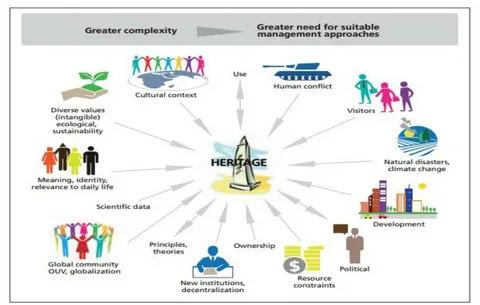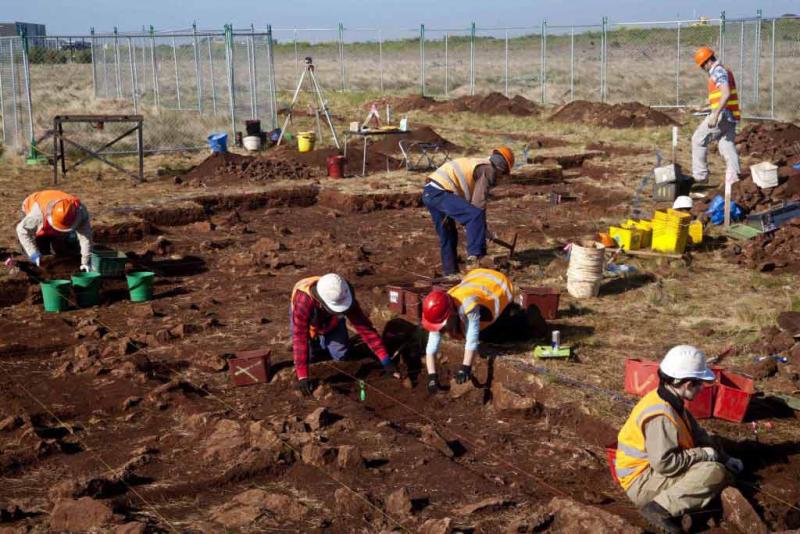Space Science: Exploring the Wonders of the Universe

Space science is a fascinating field that studies everything beyond our planet, from the smallest particles to the largest galaxies. It encompasses a wide range of topics, including astronomy, astrophysics, cosmology, planetary science, and space exploration. The wonders of space have intrigued humanity for centuries, and with the advancement of technology, our understanding of the universe has grown exponentially. This article will delve into the basics of space science, exploring its significance, key concepts, and how it impacts our lives on Earth.
Understanding Space Science
Space science is the study of everything that exists outside of Earth's atmosphere. It involves the exploration of planets, stars, galaxies, and the vast emptiness that lies between them. Scientists in this field use a variety of tools and techniques, such as telescopes, satellites, and spacecraft, to gather data and observe phenomena that occur in space.
One of the primary goals of space science is to understand the origins and evolution of the universe. This includes studying the Big Bang, the event that is believed to have created the universe around 13.8 billion years ago. By examining the cosmic microwave background radiation, the afterglow of the Big Bang, scientists can gain insights into the early universe and how it has changed over time.
The Solar System: Our Cosmic Neighborhood
The solar system is a crucial area of study within space science. It consists of the Sun, eight planets, their moons, and numerous smaller objects like asteroids and comets. Earth, our home planet, is the third planet from the Sun and the only known place in the universe that harbors life.
Understanding the solar system helps scientists learn more about the formation and dynamics of planetary systems. For example, studying Mars, the fourth planet from the Sun, provides valuable information about the potential for life on other planets. Mars's surface features, such as mountains, valleys, and polar ice caps, make it a prime candidate for future exploration.
Scientists are also very interested in the gas giants, Jupiter and Saturn. These massive planets have thick atmospheres composed mainly of hydrogen and helium, and they possess many moons, some of which may have subsurface oceans that could support life.
The Importance of Space Exploration
Space exploration has played a significant role in advancing our understanding of the universe. Since the launch of the first artificial satellite, Sputnik, in 1957, humanity has sent numerous spacecraft to explore the far reaches of our solar system and beyond.
Manned missions, such as the Apollo program, which landed humans on the Moon, have provided firsthand experiences and data that have deepened our knowledge of space. Robotic missions, like the Voyager probes, have traveled to the outer planets and even into interstellar space, sending back images and information that have transformed our understanding of the cosmos.
Space exploration is not just about satisfying human curiosity; it also has practical benefits. Satellites orbiting Earth are crucial in communication, weather forecasting, and navigation. Space science has also led to developing new technologies that have applications in medicine, engineering, and other fields.
Edgenuity Earth and Space Science: Bridging Education and Space Exploration
Educational platforms like Edgenuity Earth and Space Science are vital in making complex topics accessible to students and the general public. These platforms provide interactive lessons, videos, and assessments that help learners grasp the fundamentals of space science in a structured and engaging way.
The relevance of Edgenuity Earth and Space Science lies in its ability to bring the wonders of the universe into the classroom. Students can develop a strong foundation in space science by offering a comprehensive curriculum that covers topics like the solar system, the life cycle of stars, and the principles of cosmology. This knowledge is essential for inspiring the next generation of scientists, engineers, and space explorers who will continue to push the boundaries of human knowledge.
Through resources like Edgenuity Earth and Space Science, students can explore questions about the universe, such as how stars are born and die, what lies beyond our galaxy, and whether life exists elsewhere in the cosmos. These platforms not only teach facts but also encourage critical thinking and scientific inquiry, skills that are crucial in any field of study.
The Future of Space Science
The future of space science is bright, with numerous exciting projects on the horizon. NASA, the European Space Agency (ESA), and other space organizations plan missions to explore distant planets, moons, and even asteroids. The James Webb Space Telescope, set to launch soon, will provide unprecedented views of the universe, allowing scientists to peer back in time to when the first galaxies were forming.
Private companies like SpaceX and Blue Origin are also playing a significant role in the future of space exploration. These companies are developing new technologies that could make space travel more affordable and accessible. The idea of humans living on other planets, once a concept of science fiction, is now being seriously considered as a possibility for the future.
Space science also has implications for the search for extraterrestrial life. The discovery of exoplanets, planets that orbit stars outside our solar system, has expanded the potential for finding habitable worlds. Missions like the Kepler Space Telescope have identified thousands of exoplanets, some of which are in the so-called "habitable zone," where conditions might be right for life to exist.
Space Science and Its Impact on Earth
While space science primarily focuses on the universe beyond Earth, it has significant impacts on our planet as well. For example, studying the Sun and its activity, such as solar flares and coronal mass ejections, helps scientists understand space weather and its effects on Earth. Space weather can disrupt communication systems, satellites, and even power grids, so monitoring solar activity is crucial for mitigating these risks.
Space science also contributes to our understanding of Earth's climate and environment. Satellites provide valuable data on weather patterns, ocean currents, and changes in the Earth's atmosphere. This information is essential for predicting natural disasters, studying climate change, and managing natural resources.
Furthermore, space science fosters international collaboration. Many space missions are joint efforts between multiple countries, bringing together scientists, engineers, and experts from around the world. This collaboration not only advances our knowledge of space but also promotes peace and cooperation among nations.
Conclusion
Space science is a dynamic and ever-evolving field that continues to push the boundaries of human knowledge. From studying the solar system to exploring distant galaxies, space science helps us understand our place in the universe and the potential for life beyond Earth. Educational resources like Edgenuity Earth and Space Science play a crucial role in making this knowledge accessible to students, inspiring the next generation of space explorers.
As we look to the future, the possibilities in space science are endless. With new technologies, missions, and discoveries on the horizon, our understanding of the universe will continue to grow, revealing more of the mysteries that have captivated humanity for centuries. The journey of exploration is far from over, and space science will undoubtedly lead the way.









Comments